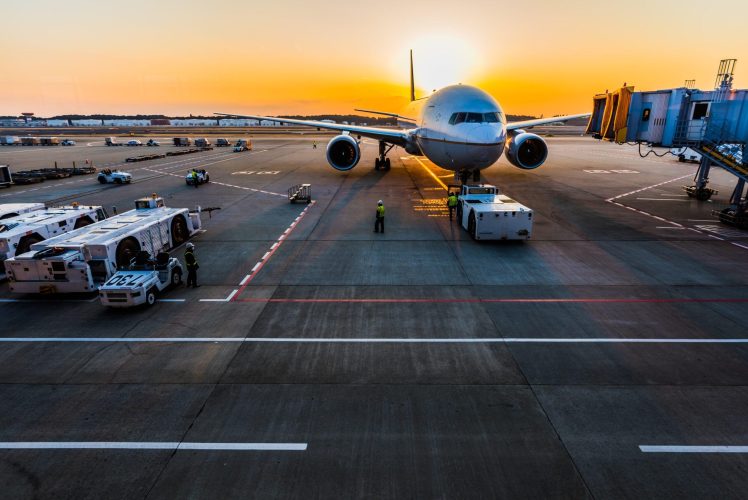Cyber-attacks are not uncommon in the aviation industry. In 2018, passengers at Bristol Airport had to read flight times off a whiteboard for two days due to the airport being the victim of a cyber-attack.
What makes airport an attractive target?
Airports process the personal data of millions of passengers every year. Each airport collects and processes customers’ payment details and Personally Identifiable Information (PII). In addition to sensitive customer data, airports also store employee personal and biometric data, used to access the airport’s systems and restricted areas.
Our airports are categorised as a part of the country’s critical infrastructure, multiplying the effect and damage of any successful cyberattack. A lapse in cybersecurity can result in data breaches with far-reaching and significant consequences. Financial losses are almost always accompanied by reputational damage.
A forerunner in adopting and leveraging advanced technology, airports provide various attack routes and entry points, including Wi-Fi, automated ticketing, CCTV, and online check-in systems. Designed to ensure operational efficiency and passenger comfort, an unsecured data flow across an expansive network increases the cyber criminals’ attack surface.
Common cyber-attacks the airport industry faces
Airports are subject to a range of cyber attack methodologies, and cybersecurity needs to defend against:
Ransomware
A ransomware attack sees cybercriminals encrypt and hold hostage digital assets. The attacker demands a ransom, bartering against providing a decryption key to return access to the victim. Upon paying the ransom, decryption may or may not be possible.
Social Engineering
Social engineering is a practical approach leveraged against airport customers and employees. Phishing emails persuade the individual to click on an infected link. The attacker encourages the click by posing themselves and their communications as from airport authority or affiliated entity.
Internal Security Threats
Unfortunately, employees can unwittingly facilitate cybercrime. For example, an Heathrow Airport employee stored data on a USB stick in an unsecured format. The employee then lost the device containing sensitive data, later found by a member of the public.
Payment Systems Attacks
Cybercriminals can steal personal data and payment card details. This information leak can result in regulatory actions against the airport, reputational damage, and a loss of new and existing customers.
How can airports avoid cyber-attacks?
Strengthening cybersecurity is essential to prevent cyberattacks. Airports should:
- Visualise network traffic
- Secure endpoints
- Isolate critical assets with micro-segmentation
- Manage third-party contractors and train personnel
- Remove outdated software and application
Contact OmniCyber today to help keep you and your business safe!




